The International Ocean Carbon Coordination Project (IOCCP) and the International Atomic Energy Agency (IAEA), with co-sponsorship from the Millennium Institute of Oceanography (IMO) and the Center for the Study of Multiple-Drivers on Marine Socio-Ecological Systems (MUSELS) organized a hands-on Technical Workshop on Carbonate System Measurements at the Instituto de Investigaciones Oceanológicas, Universidad Autónoma de Baja California, in Tijuana-Ensenada, México, from December 3 to 11, 2016.
With representation from 8 Latin American and Caribbean countries participating in the Latin-American Ocean Acidification Network (LAOCA), the course was designed to train 14 participants and therefore significantly strengthen the analytical capacity in the region. All of the participants were selected based on their current role in their laboratories indicating their active, full-time involvement with relevant analytical duties in the field and in their laboratories.
The workshop design (agenda below) focused on hands-on laboratory experience where instructors (list of instructors below) taught the workshop participants the appropriate high-precision chemical techniques and protocols related to carbonate system measurements. Additionally, lectures on the design of the observing system, data management practices and carbonate system calculations were included to allow the participants to understand a wider context of making measurements and collecting data.
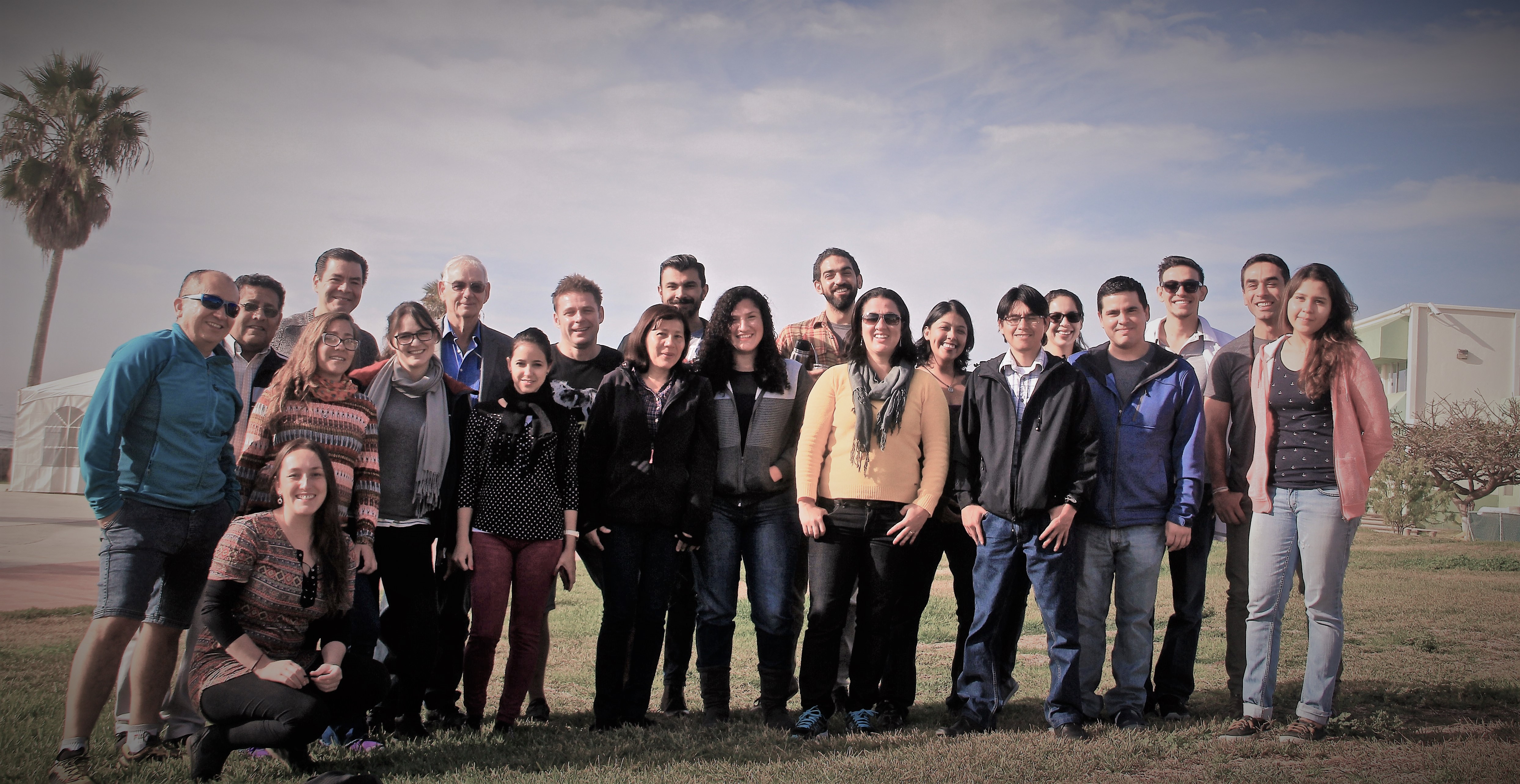
Course objectives and content
Upon completion of the training course, participants gained increased knowledge in the following aspects:
- Observing system design based on their needs in the framework of internationally accepted protocols (e.g. Framework for Ocean Observing, Essential Ocean Variables) and data management procedures based on established data products such as the Surface Ocean CO2 Atlas (SOCAT) and Global Ocean Data Analysis Project (GLODAP) with explicit focus on the need for ancillary parameters (i.e. temperature, salinity, nutrients, barometric pressure and more)
- Monitoring carbonate chemistry, including detailed methodology for measurements of potentiometric and spectrophotometric pH, total alkalinity (TA) with an open cell titration method, and dissolved inorganic carbon (DIC), the use of certified reference materials, analytical know-how such as the typical sample volume required, and specific challenges related to each method.
- Advantages and disadvantages of the different platforms for carbonate system measurements, such as moored surface sensors, gliders, underway measurements, and discrete water samples; requirements for handling, maintenance, calibration and validation of specific platforms and instruments.
- The use of carbonate system calculating tools including error propagation.
Equipment availability
The following equipment was available during the course for practical activities. Participants were divided into up to four groups (max. 4 participants in each group) to provide each participant with first-hand experience in handling and analytical procedures for each respective measurement (i.e. pH, AT, and DIC):
- Colorimetric system (20 mL, manual) and infrared system (2 mL, LICOR-7000) for DIC analysis;
- Potentiometric system for measurements of total alkalinity. Additionally, an automatic alkalinity titration system Apollo Sci. Tech. will be shipped from Chile (Vargas' Lab).
- Spectrophotometric system for pH measurements.
- 1 SeapHOx and 1 SeaFET sensor
Instructors/Lecturers
- José Martín Hernández Ayón - Instituto de Investigaciones Oceanológicas, Universidad Autónoma de Baja California, Mexico
- Cristian A. Vargas - Department of Aquatic Systems, Faculty of Environmental Sciences, Millennium Institute of Oceanography, Universidad de Concepción, Concepción, Chile
- Todd Martz – Geosciences Research Division, Scripps Institution of Oceanography; San Diego, USA
- James C. Orr - Laboratoire des Sciences du Climat et de l'Environnement, LSCE/IPSL, CEA-CNRS-UVSQ, Université Paris-Saclay, France
- Andrew Dickson – Marine Physical Laboratory, Scripps Institution of Oceanography; San Diego, USA
- Maciej Telszewski - International Ocean Carbon Coordination Project (IOCCP), Project Director, Institute of Oceanology, Polish Academy of Sciences, Sopot, Poland.
WE THANK OUR CO-SPONSORS FOR THEIR EXCEPTIONAL GENEROSITY !!!




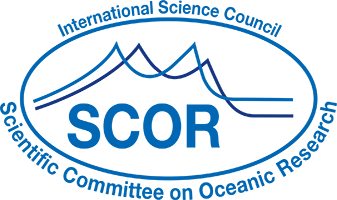

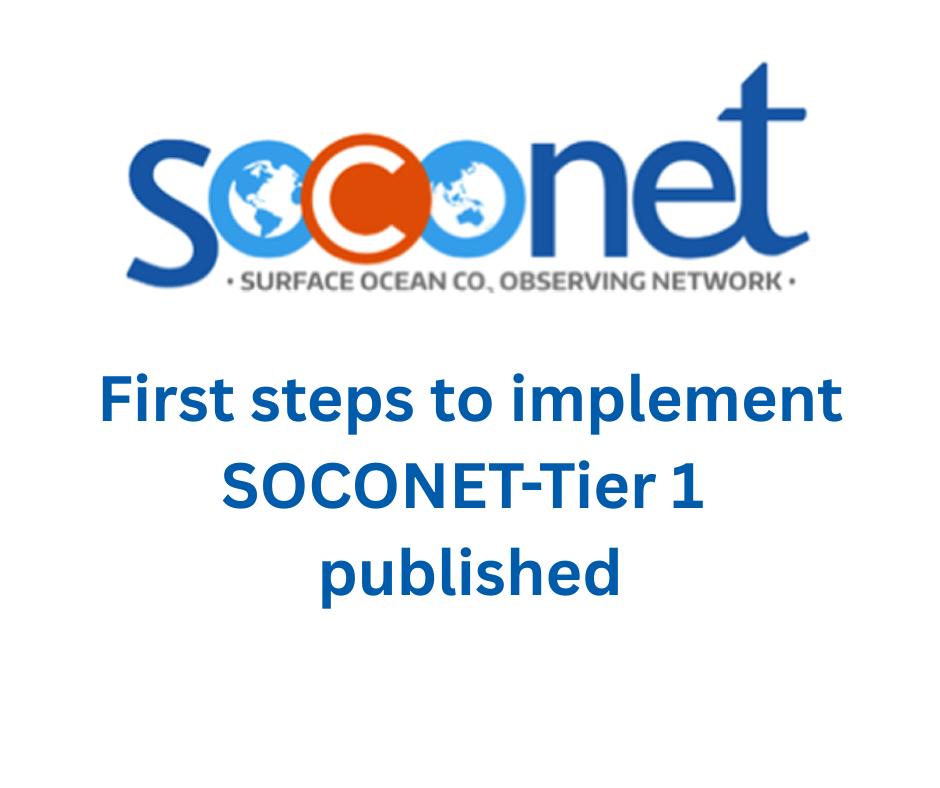
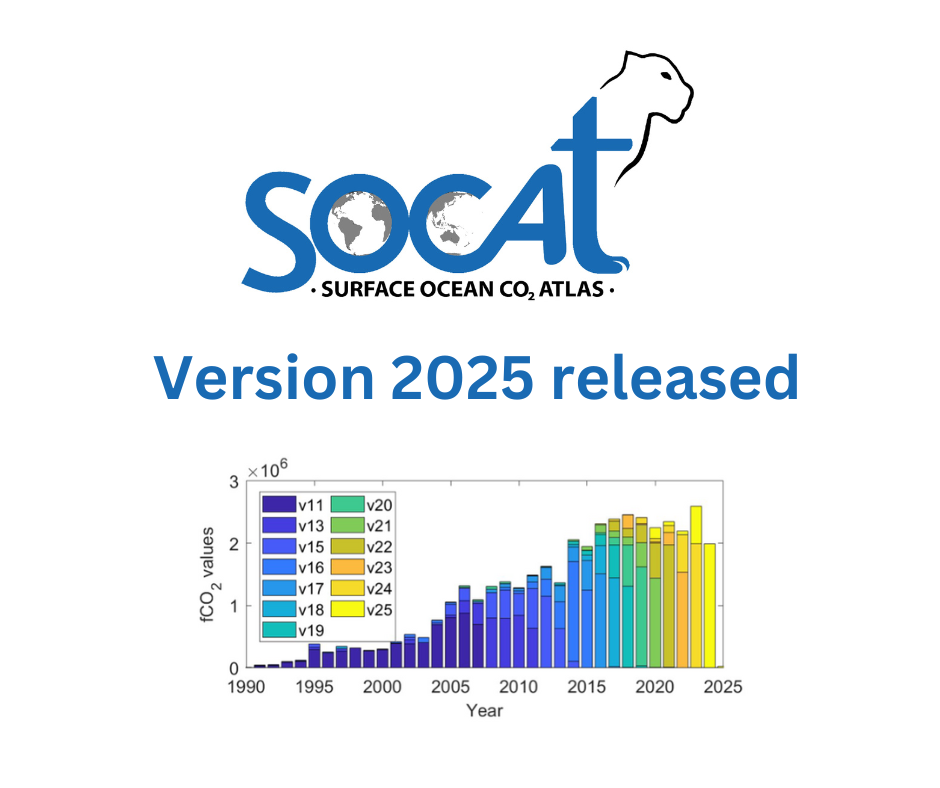
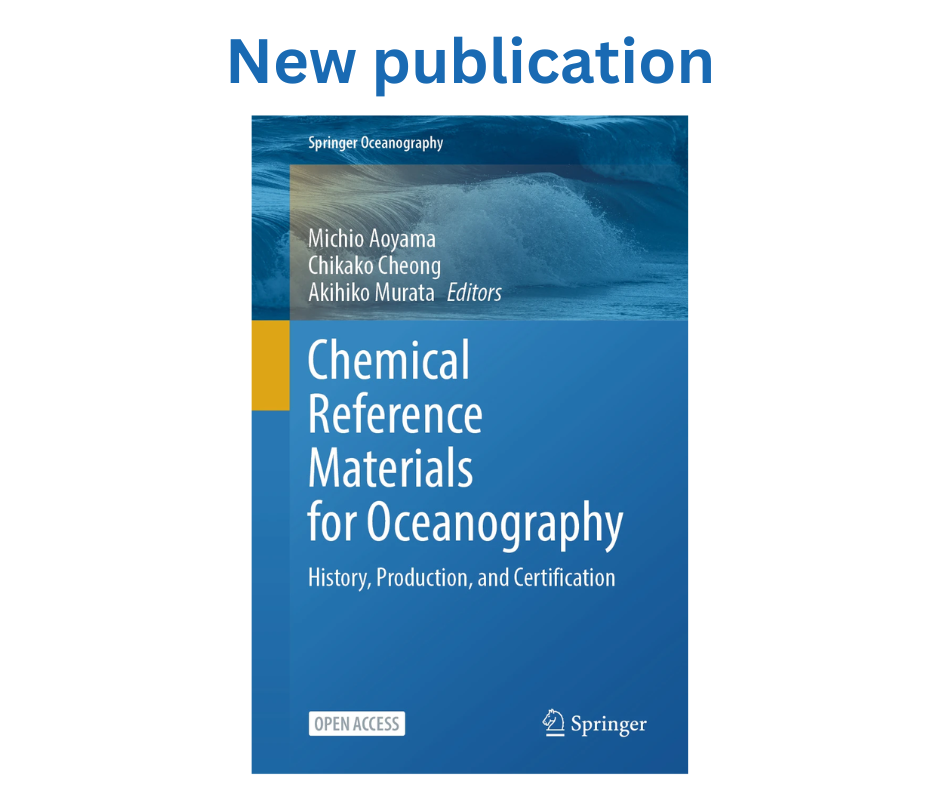
 Please wait...
Please wait...